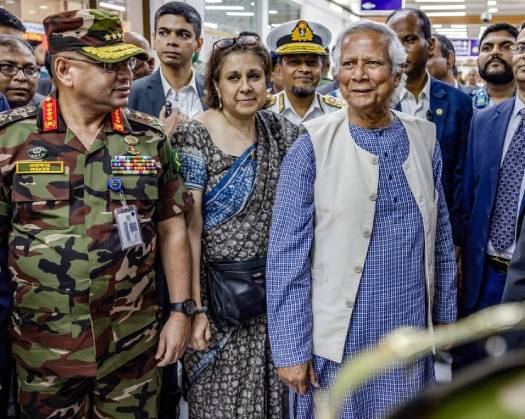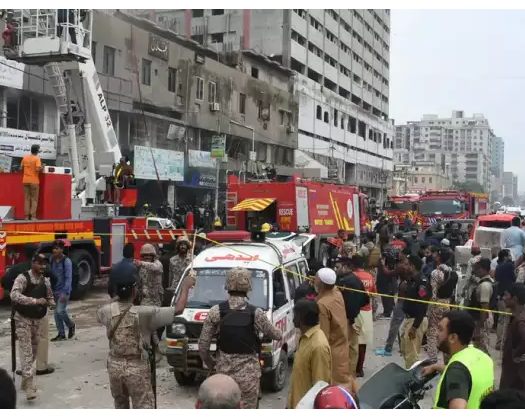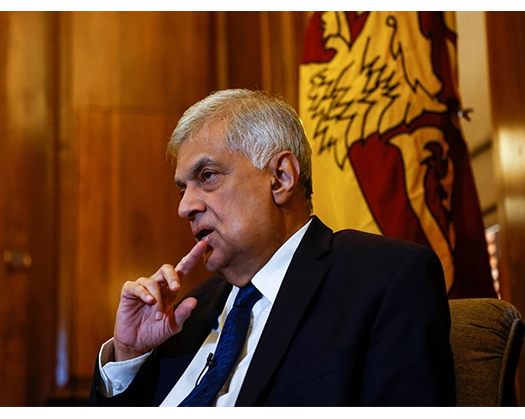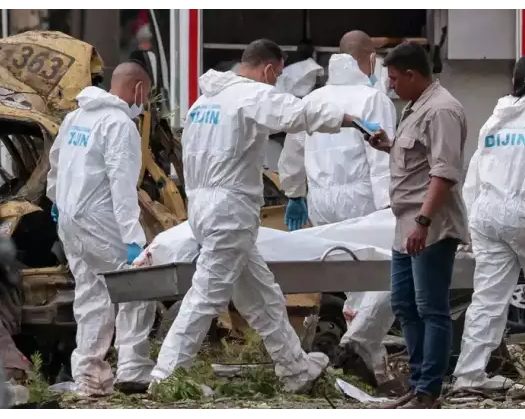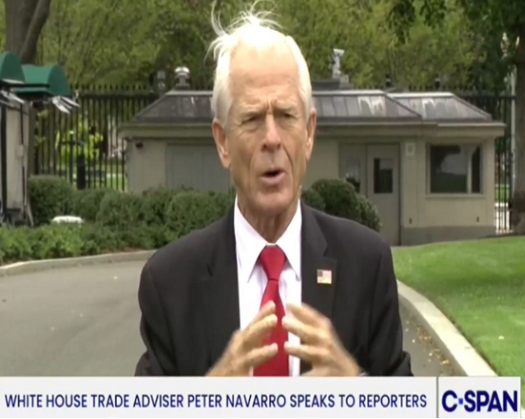KHARTOUM: Nobel Peace laureate Muhammad Yunus returned to his homeland of Bangladesh on Thursday, following weeks of student demonstrations that compelled Prime Minister Sheikh Hasina to step down and seek refuge in India.
A vocal critic of Hasina, Yunus, 84, embarked on his journey to Dhaka following medical treatment in Paris, where he was supported by protesters in his bid to lead a caretaker government responsible for overseeing the election of a new leader.
"The nation possesses the potential to blossom into a beautiful country," the economist shared with reporters upon his arrival at the airport, where he was warmly received by senior military officials and student leaders. He emphasized that the students had played a pivotal role in safeguarding the nation's freedom, and that this freedom must be preserved. "We are committed to following the path set forth by our students," he added.
During his speech, Yunus appeared to be overwhelmed with emotion, occasionally shedding tears as he mentioned a student who had been shot during the protests, highlighting the sacrifices made.
"We must rise once more. To the government officials and defense chiefs present here — we are united, we must move forward together," he declared.
Yunus is scheduled to assume the role of chief adviser at the official residence of President Mohammed Shahabuddin.
Following her resignation on Monday, following weeks of escalating violence that claimed the lives of approximately 300 individuals and injured thousands more, the Awami League party, led by Hasina, has not been included in the interim government.
In a statement on Facebook, her son Sajeeb Wazed Joy expressed the party's readiness to engage in negotiations with opposition groups and the interim government. "We have not given up. Despite the challenges faced by our party leaders and members, we remain determined," he stated on Wednesday.
Yunus, renowned as the "banker to the poor" for founding a bank that pioneered poverty alleviation through microloans to the underprivileged, was awarded the 2006 Nobel Peace Prize for his efforts.
Hasina's departure from the country she has governed for the past 20 years, following her victory in the fourth consecutive election in January, sparked both celebration and unrest as crowds stormed and looted her official residence.
She is currently residing in the New Delhi area, a move that has incited anger among some Bangladeshis. The two nations share deep cultural and economic ties, with New Delhi playing a crucial role in the 1971 war with Pakistan, which led to the establishment of Bangladesh.
The Indian Ministry of External Affairs has stated that there are no updates regarding Hasina's travel plans, leaving it to her to "take the necessary steps forward."
Indian media has reported that Prime Minister Sheikh Hasina, who maintains cordial relations with New Delhi, is considering a visit to Britain. However, Reuters has been unable to verify these plans, and Britain has refrained from commenting on the matter.
Subrahmanyam Jaishankar, the Indian Foreign Minister, has disclosed that during a conversation with British Foreign Secretary David Lammy on Thursday, the two leaders discussed the current situation in Bangladesh. However, Jaishankar did not provide further details on the nature of their discussion.
Randhir Jaiswal, the spokesperson for the Indian Foreign Ministry, emphasized that the welfare of the Bangladeshi people is of paramount importance, and ensuring stability within the country is essential for regional peace.
The student-led movement that led to the ouster of Prime Minister Sheikh Hasina emerged from protests against the allocation of government jobs through quotas, which escalated into violent confrontations in July. This incident received widespread international condemnation, despite the government's denial of employing excessive force.
The opposition Bangladesh Nationalist Party (BNP) has boycotted two national elections following the arrest of its leaders. Additionally, the Covid-19 pandemic has adversely affected Bangladesh's economy, which has been experiencing robust growth over the years, leading to significant challenges such as high inflation, unemployment, and a decline in reserves.

